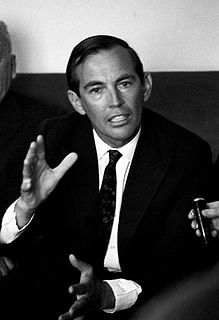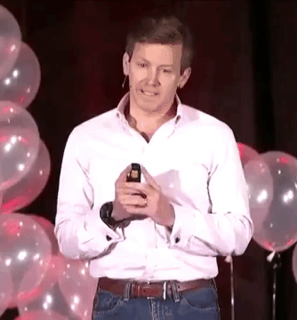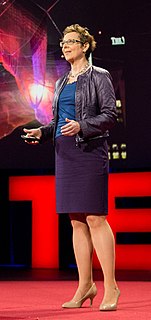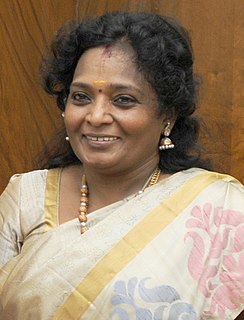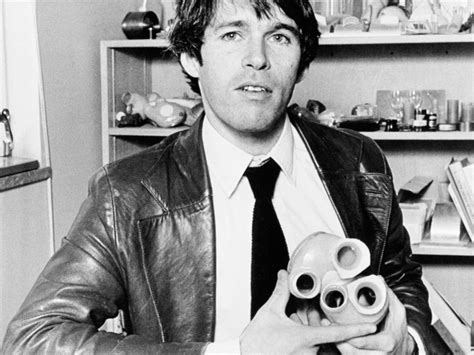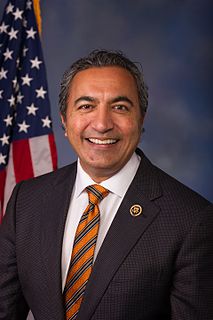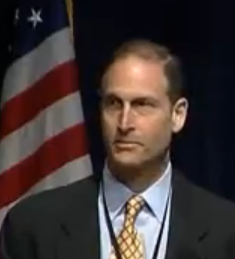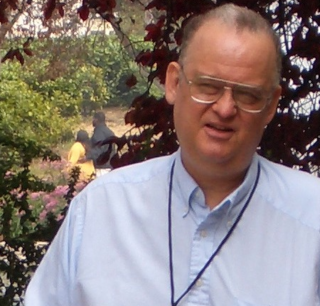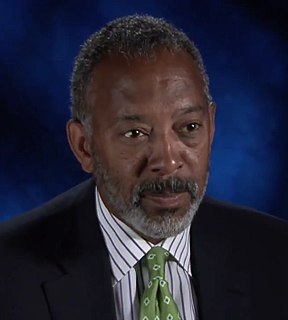A Quote by John Doolittle
Developments in medical technology have long been confined to procedural or pharmaceutical advances, while neglecting a most basic and essential component of medicine: patient information management.
Related Quotes
Where some people may see loving grandparents, I see a pair of feckless boobs who can't drive, take way too long to shop, and don't even have the most basic grasps on the new technology. As a staunch supporter of the principles of Darwinism, I think that advances in modern medicine are starting to overrule the survival of the fittest, and it's to our [youngers'] detriment.
We have artificial intelligence, virtual reality, augmented reality, 3D-printing, robotics and nanotechnology that have changed the face of modern medicine. It is essential for Indian doctors to familiarise themselves with the latest developments to be able to control technology and not the other way around.
Contemporary technology could be used to eliminate ownership and management of corporations. It could be used to provide - lets say Apple computers. In principle information technology could be used to provide direct information to the work force on the ground so that they could democratically decide what the company would do, eliminating the role of management. It could be used for that. People aren't developing technology for that purpose.
I don't think we should have less information in the world. The information age has yielded great advances in medicine, agriculture, transportation and many other fields. But the problem is twofold. One, we are assaulted with more information than any one of us can handle. Two, beyond the overload, too much information often leads to bad decisions.
The Internet ethos of diversity and competition runs exactly counter to uniform, gatekeeper-oriented medical culture - the technocratic philosophy of the 'one best way' embodied in our pharmaceutical regulations. On the Net, medical information is abundant, and pharmacies, domestic and foreign, operate on many different models.

